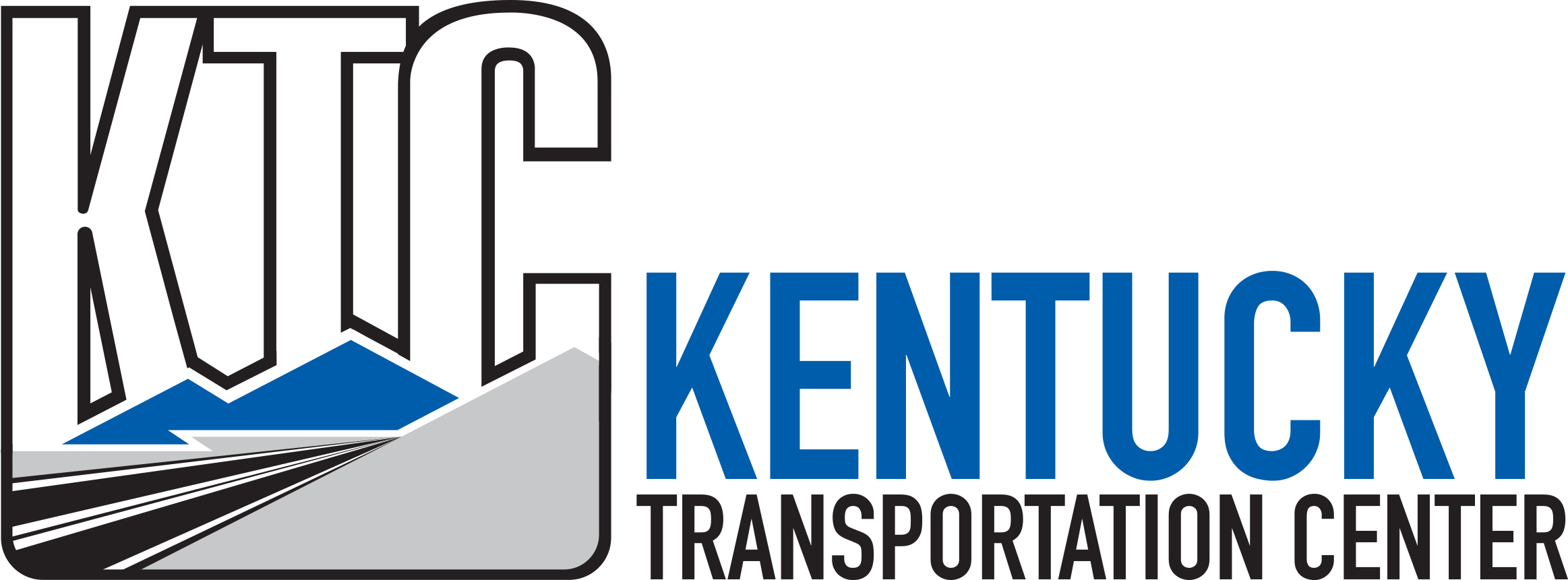Abstract
Since the early 2000s, over 1,600 transportation agencies in the United States have adopted Complete Streets policies. Recently, the Kentucky Transportation Cabinet (KYTC) published its Complete Streets, Roads, and Highways Manual, which aims to implement a safe and equitable transportation system throughout the state, as well as a Complete Streets policy. The manual and policy offer guidance on integrating Complete Streets principles into road design, however, KYTC currently lacks tools or methods to evaluate how well specific projects address Complete Streets goals. This is problematic because systematic assessments are needed to effectively prioritize projects and allocate scarce funding. Based on a review of Complete Streets initiatives in North America and around the world, as well as input from subject-matter experts, this report proposes a KYTC Complete Streets Scorecard that evaluates project benefits across seven categories — mobility, accessibility, connectivity, equity, safety, and effectiveness. Because the scorecard contains metrics focused on different user types (i.e., pedestrians, bicyclists, transit user), project teams have the flexibility to evaluate either an entire project or the impact of a project on specific user groups. Statewide implementation of the scorecard will help the Cabinet allocate funding and prioritize projects based on the extent to which they contribute to Complete Streets policy goals.
Report Date
5-2024
Report Number
KTC-24-29
Digital Object Identifier
https://doi.org/10.13023/ktc.rr.2024.29
Repository Citation
Stavropoulou, Eirini; Stamatiadis, Nikiforos; Staats, William; Wang, Teng; and Souleyrette, Reginald, "Addressing Multimodal Transportation Needs Through Complete Streets Implementation" (2024). Kentucky Transportation Center Research Report. 1792.
https://uknowledge.uky.edu/ktc_researchreports/1792


